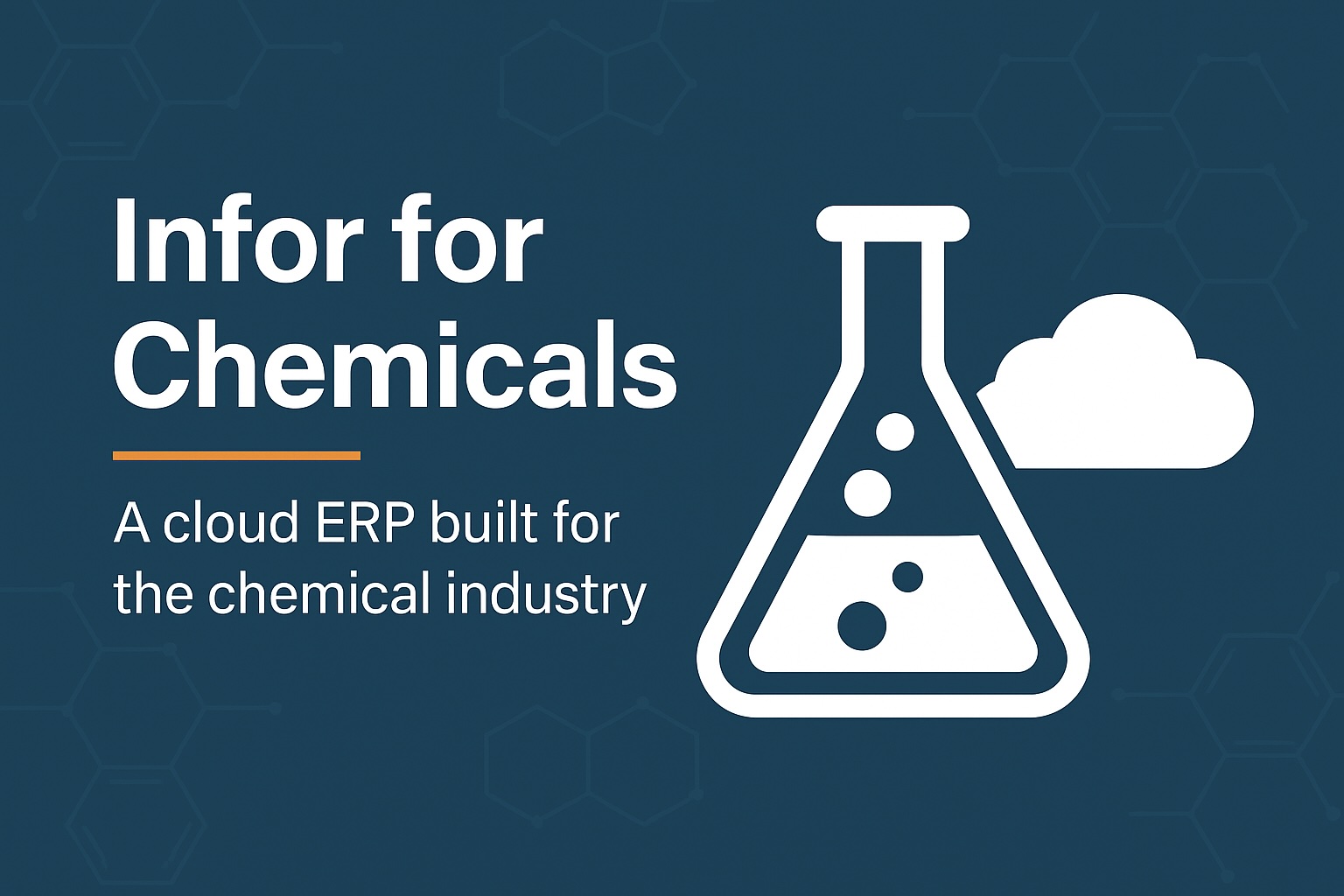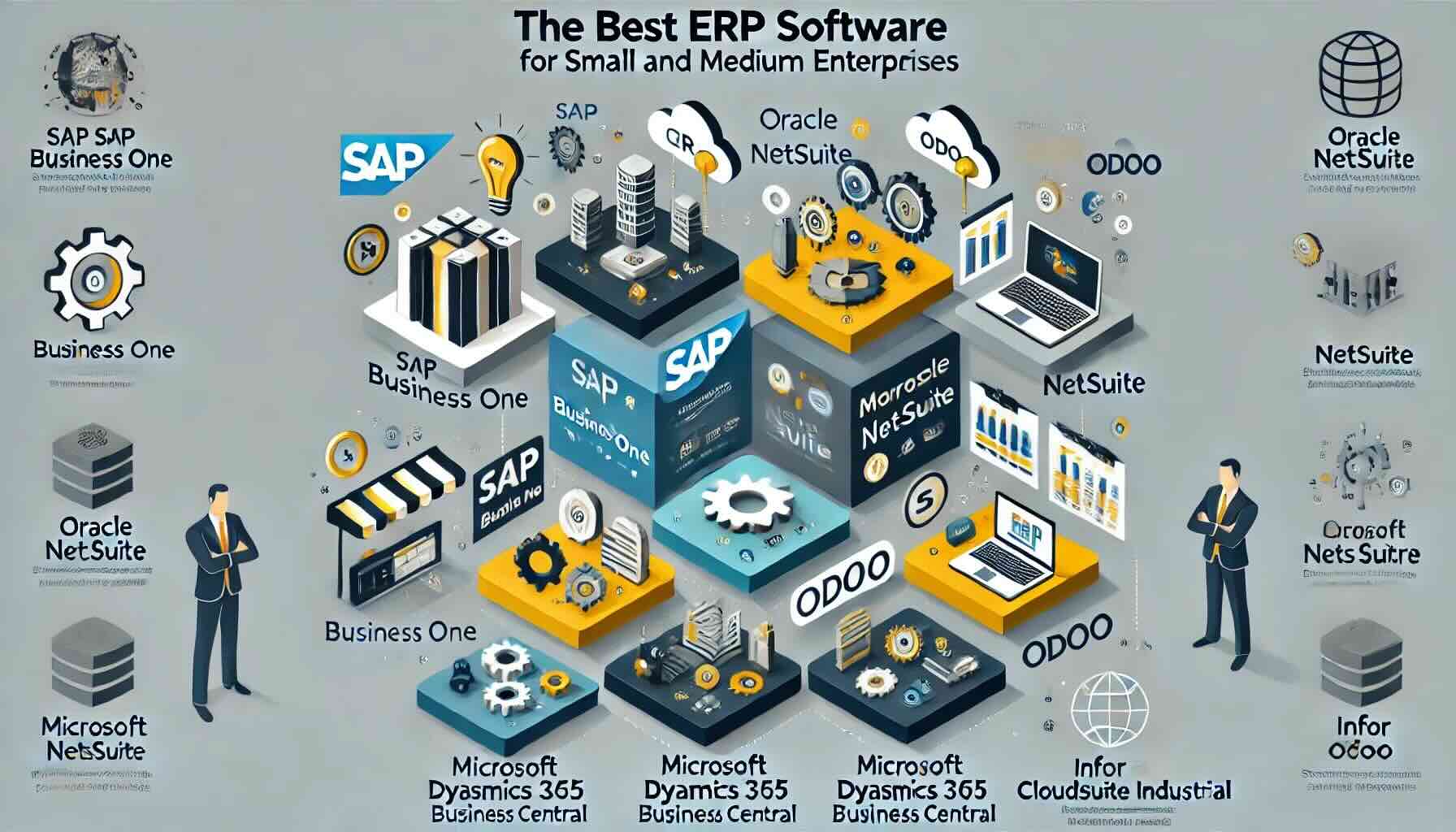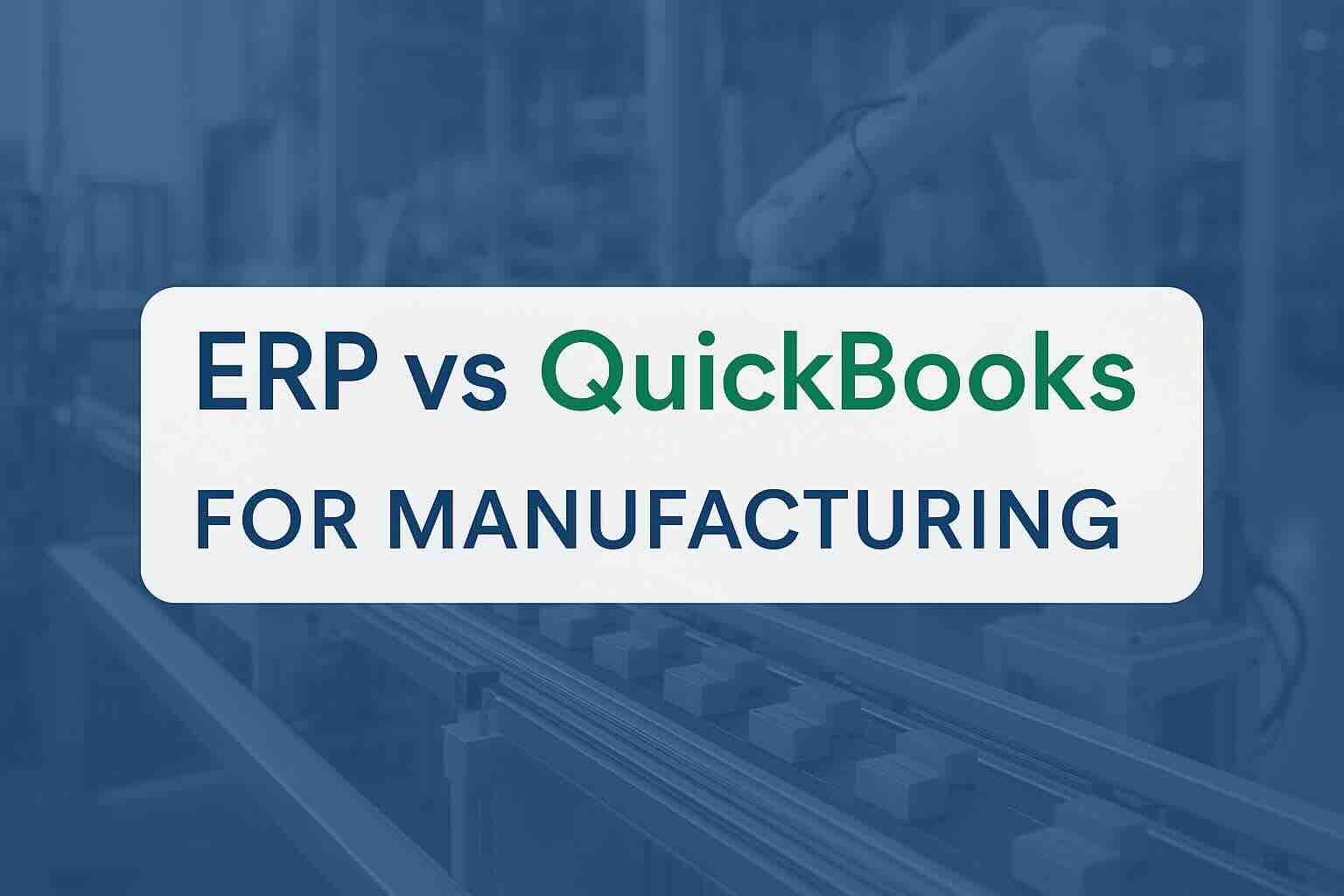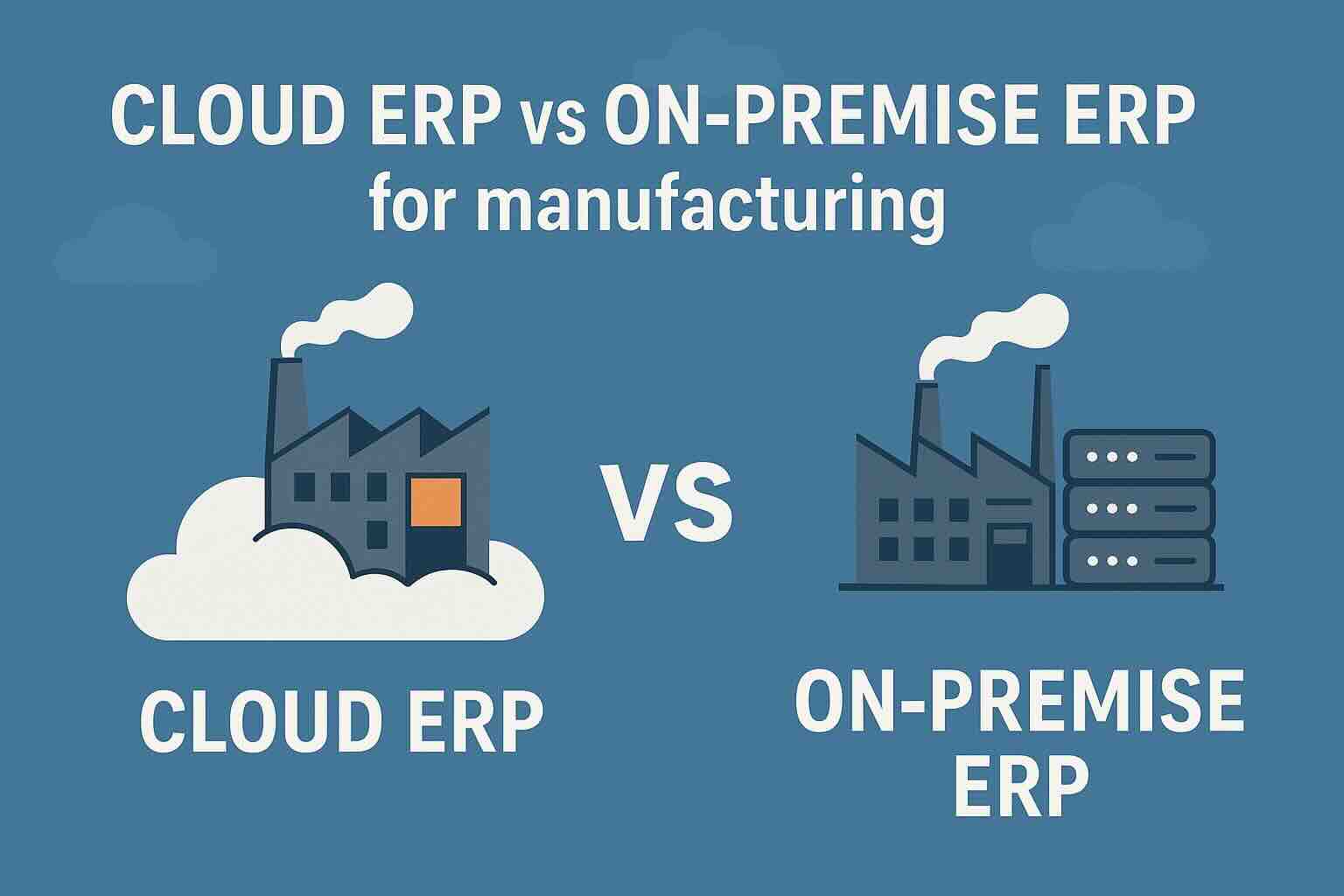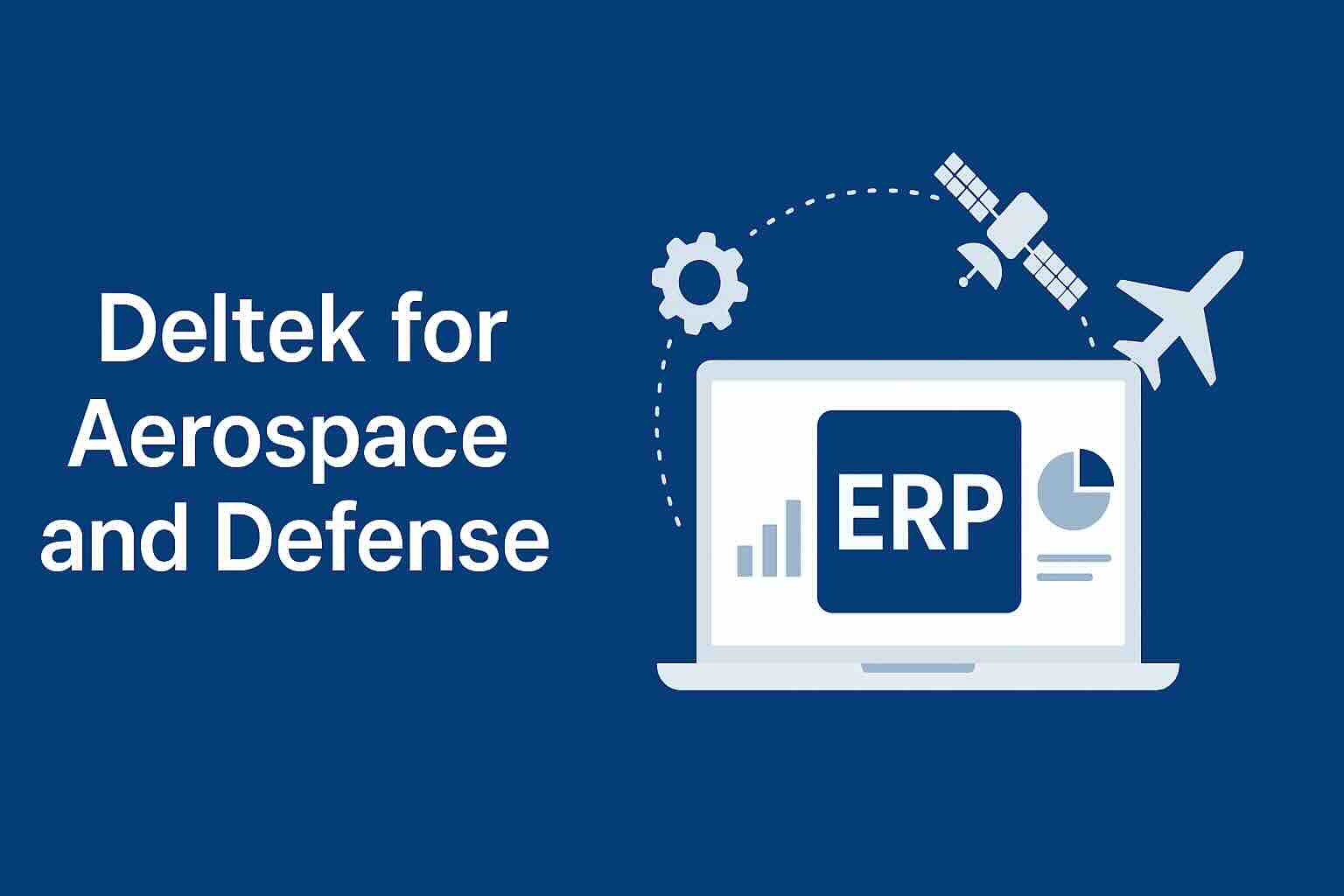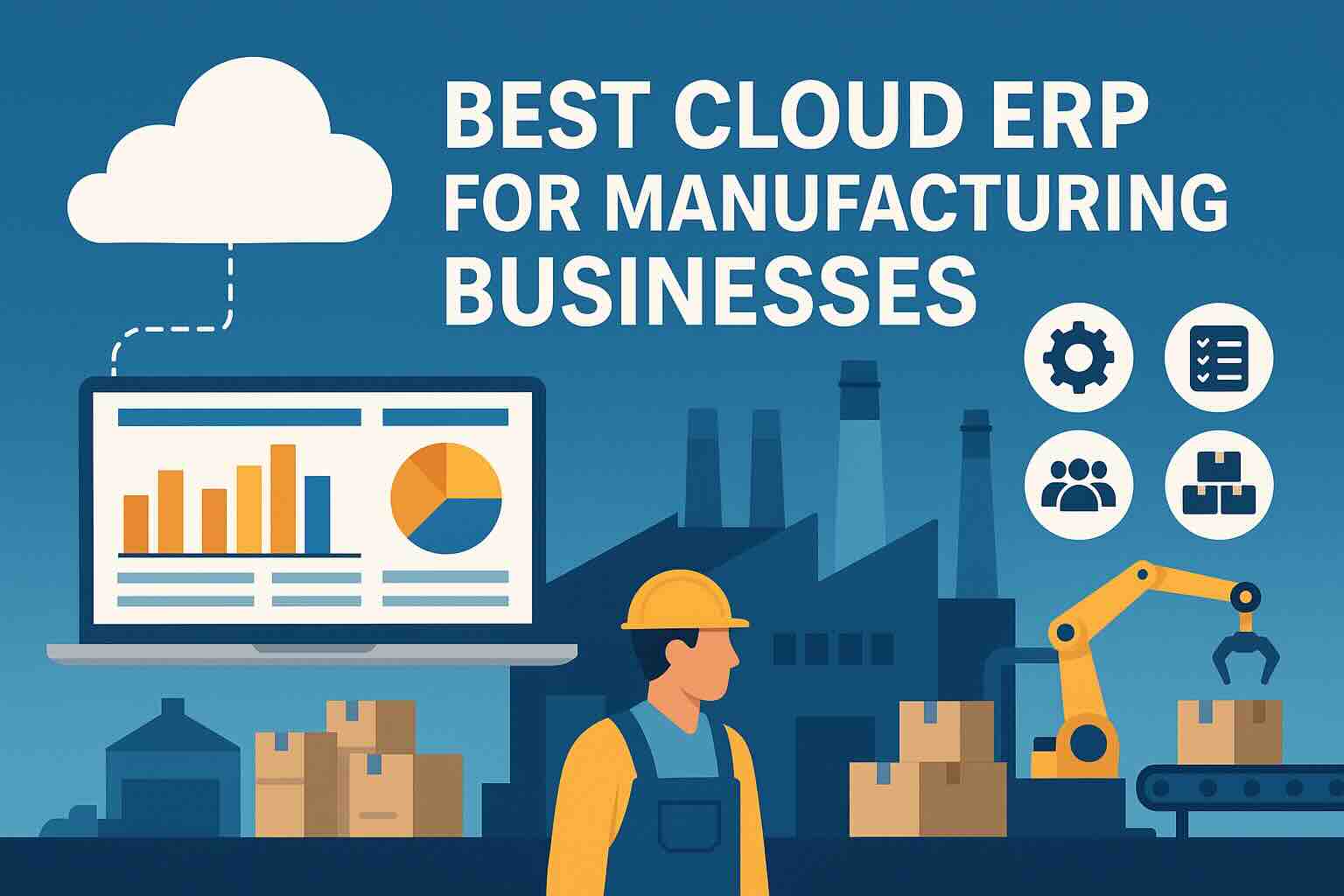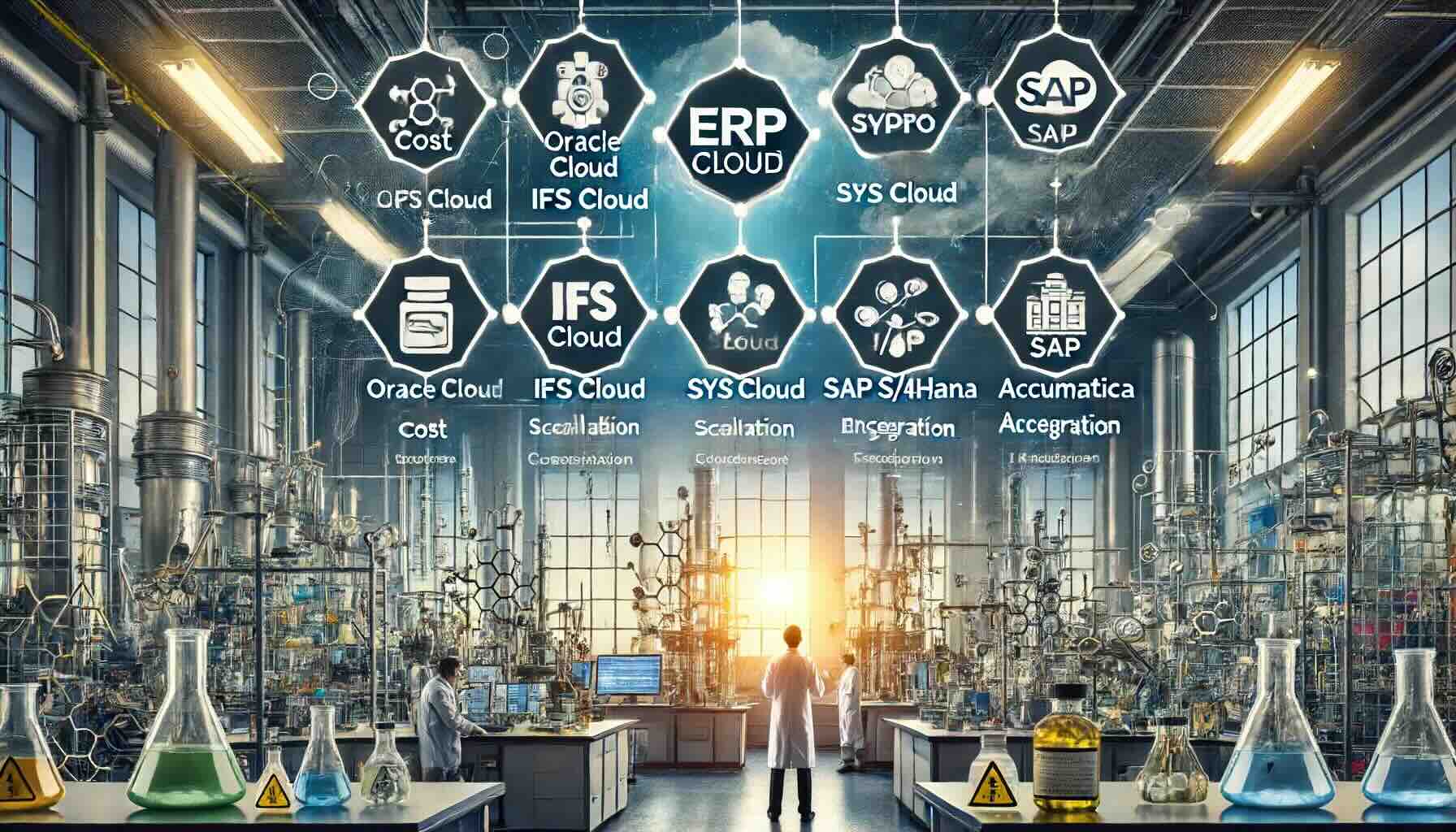Compare ERP for Pharmaceuticals: 2025 Guide to the Best Solutions
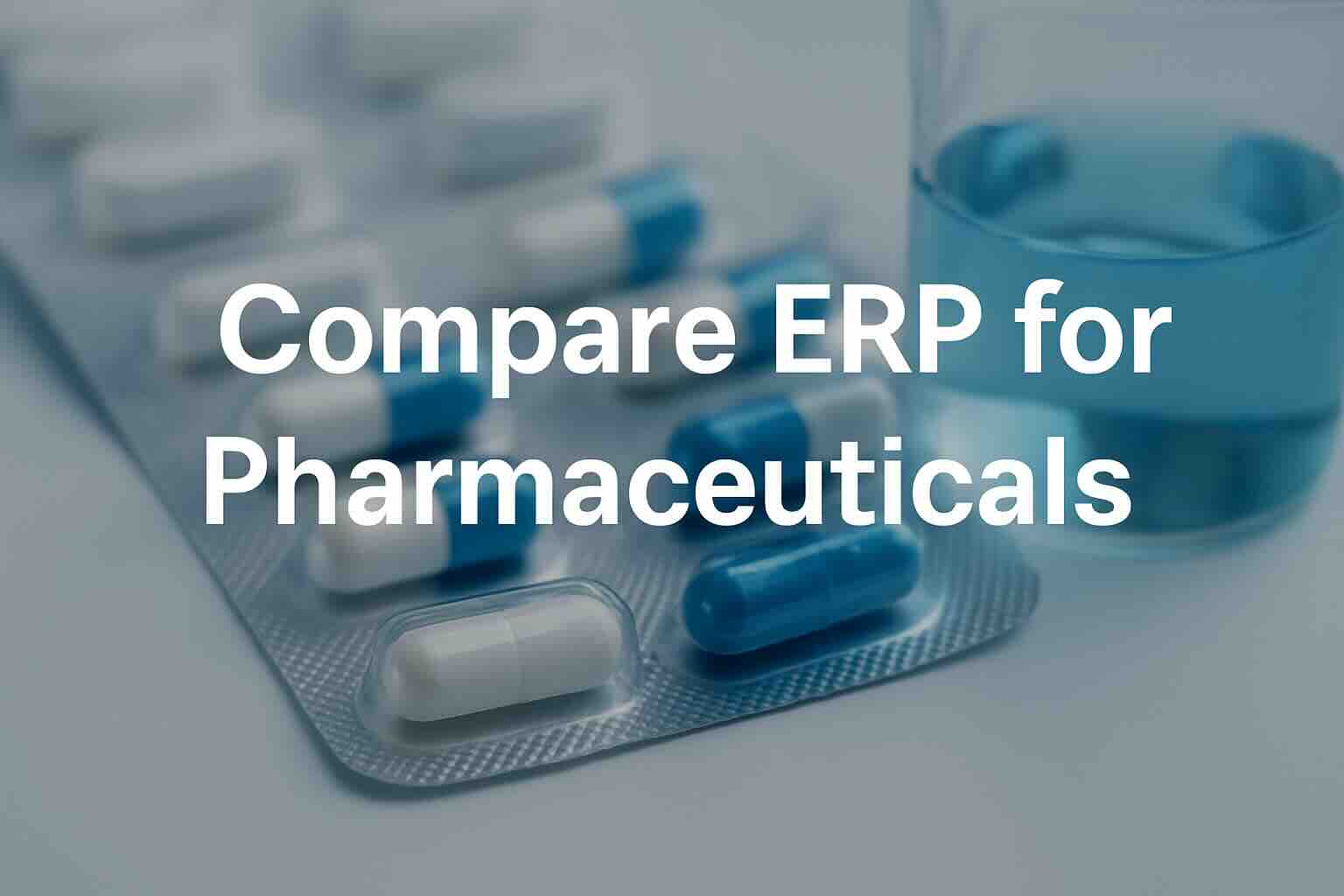
Pharmaceutical companies face constant pressure to deliver safe, high-quality products while staying compliant with strict global regulations. To manage this complexity, many are turning to Enterprise Resource Planning (ERP) systems that unify manufacturing, supply chain, finance, and compliance into one connected platform. Choosing the right ERP can determine whether your business gains efficiency and compliance confidence or struggles with outdated processes.
In this article, we compare ERP for pharmaceuticals by exploring today’s top solutions: Aptean, IFS Cloud, Odoo, Oracle Cloud ERP, Workday, SAP S/4HANA, and QAD Adaptive ERP. Each offers distinct strengths and challenges depending on your organization’s size, complexity, and compliance requirements.
Aptean
Strengths
-
Designed for formula-based manufacturing with built-in FDA and GMP compliance.
-
Scalable for both small labs and global manufacturers.
-
User-friendly interface for faster adoption.
-
Strong implementation support and customer service.
Weaknesses
-
Limited customization compared to open frameworks.
-
Integrations with third-party tools can be difficult.
-
Higher upfront licensing costs.
-
Slower release cycles than agile cloud-native platforms.
Click this link to find out more about Aptean.
IFS Cloud
Strengths
-
Flexible architecture that adapts to complex, multi-site operations.
-
Powerful analytics and reporting for better insights.
-
Global compliance capabilities for international pharma companies.
-
Strong integration with external enterprise systems.
Weaknesses
-
Complex implementation requiring expert teams.
-
High ownership and licensing costs.
-
Customization projects can be resource-intensive.
-
Interface may require more training compared to user-first systems.
Click this link to find out more about IFS Cloud.
Odoo
Strengths
-
Open-source foundation keeps it affordable and modular.
-
Choose only the apps you need, with hundreds available.
-
Highly customizable to fit unique workflows.
-
Broad integration ecosystem.
Weaknesses
-
Requires extensions/customization for pharma compliance.
-
Limited official support compared to proprietary vendors.
-
Performance challenges with very large datasets.
-
Complex implementation without experienced partners.
Click this link to find out more about Odoo.
Oracle Cloud ERP
Strengths
-
Comprehensive enterprise solution covering all pharma operations.
-
Cloud-native with quarterly updates and embedded AI features.
-
Built for global complexity: multi-subsidiary, multi-GAAP, multi-currency.
-
Robust security and compliance capabilities.
Weaknesses
-
High licensing and setup costs.
-
Complex to implement without specialist guidance.
-
Custom workflows can be costly to build.
-
Requires extensive user training.
Click this link to find out more about Oracle Cloud ERP.
Workday
Strengths
-
Clean, intuitive interface promotes rapid adoption.
-
Real-time analytics provide actionable insights.
-
Strong compliance support for audits and regulations.
-
Flexible enough to adapt to changing business needs.
Weaknesses
-
Premium pricing compared to mid-market ERP systems.
-
Integration with external tools can be difficult.
-
Limited customization compared to developer-driven platforms.
-
Implementation timelines can be long for large enterprises.
Click this link to find out more about Workday.
SAP S/4HANA
Strengths
-
Widely used in large pharma enterprises like Pfizer and AstraZeneca.
-
Real-time data processing with strong supply chain and compliance features.
-
Cloud and on-premise deployment options with long support cycles.
-
Global reach with localization for multiple markets.
Weaknesses
-
High complexity and steep learning curve.
-
Significant licensing and consulting costs.
-
Deep customization usually requires SAP specialists.
Click this link to find out more about SAP S/4HANA.
QAD Adaptive ERP
Strengths
-
Built for adaptive manufacturing and process-driven industries.
-
Cloud-first design allows for agility and scalability.
-
Strong fit for mid-market pharmaceutical and life sciences companies.
Weaknesses
-
Less widely known in the pharma space than SAP or Oracle.
-
Some regulatory needs may require additional extensions.
-
Limited ecosystem compared to bigger ERP vendors.
Click this link to find out more about QAD Adaptive ERP.
Final Thoughts
In 2025, the ERP landscape for pharmaceuticals is more diverse than ever. SAP S/4HANA and Oracle Cloud ERP dominate large-scale global operations, while Aptean and QAD Adaptive ERP offer strong options for process-driven mid-market companies. IFS Cloud brings flexibility for complex organizations, Workday excels in usability and compliance, and Odoo remains an affordable entry point for smaller businesses that can handle customization.
When you compare ERP for pharmaceuticals, focus on:
-
Scale and complexity of your business
-
Regulatory requirements (FDA, GMP, EU MDR, etc.)
-
Budget and ownership costs
-
Adaptability to future technologies, including AI and cloud updates
Find the Best ERP for Your Business
Implementing the right ERP system could be the game-changer your business needs. With our AI-powered Compare ERP tool, you can effortlessly explore and compare solutions tailored to your unique business requirements. Our advanced engine analyzes millions of data points across 100+ ERP platforms, delivering your top three picks based on your priorities.
Best of all, it’s completely free. Take the first step toward streamlining operations and boosting productivity and start comparing today!
